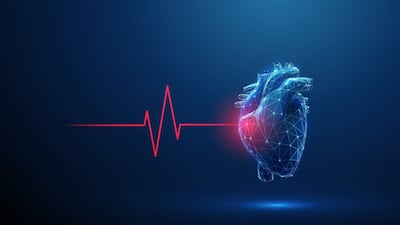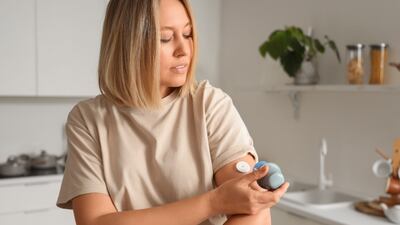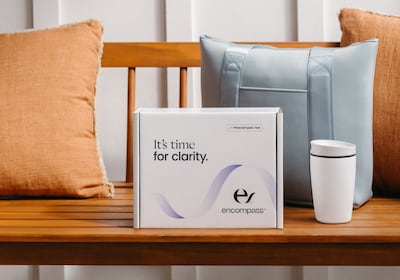In what will no doubt be a disappointment to Abbott Laboratories Inc., three-year follow-up data from the ABSORB II trial did not show that Abbott’s Absorb GT1 everolimus-eluting biodegradable poly(L-lactide) scaffold improved vasomotor reactivity or late-lumen loss compared to Abbott’s Xience metallic everolimus eluting stent.
The results, the first long-term data on a randomized trial of a bioresorbable stent, were presented by Patrick Serruys of Imperial College London at the Transcatheter Cardiovascular Therapeutics (TCT) meeting currently held in Washington, DC, and published simultaneously in The Lancet on Oct. 30
Read the full article – start your free trial today!
Join thousands of industry professionals who rely on Medtech Insight for daily insights
- Start your 7-day free trial
- Explore trusted news, analysis, and insights
- Access comprehensive global coverage
- Enjoy instant access – no credit card required
Already a subscriber?






